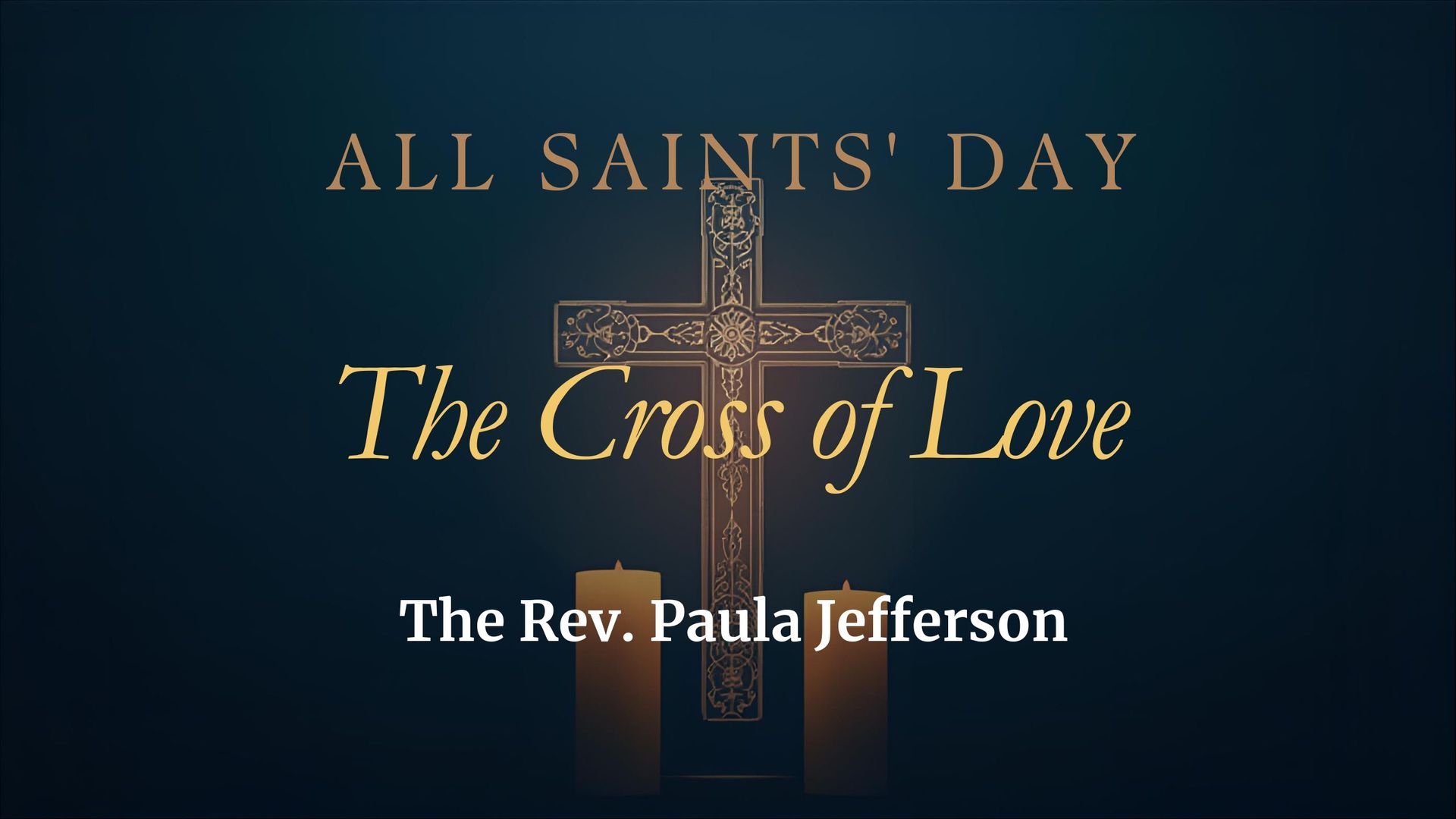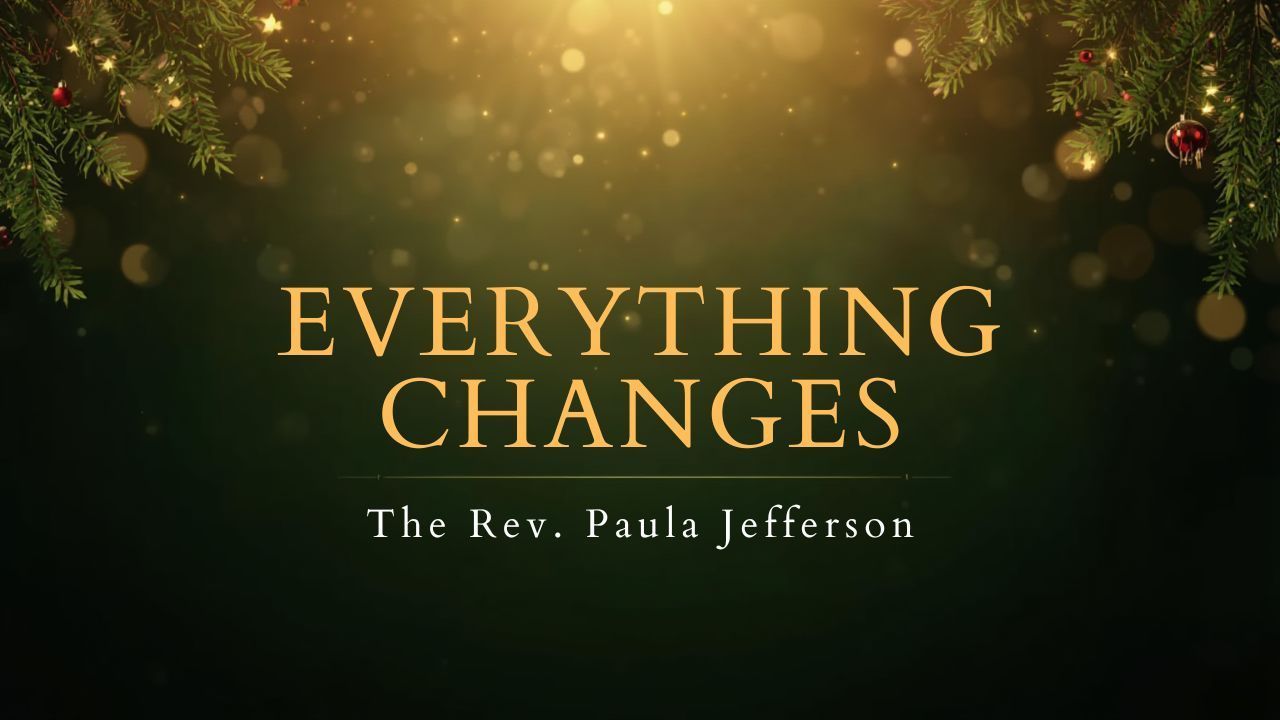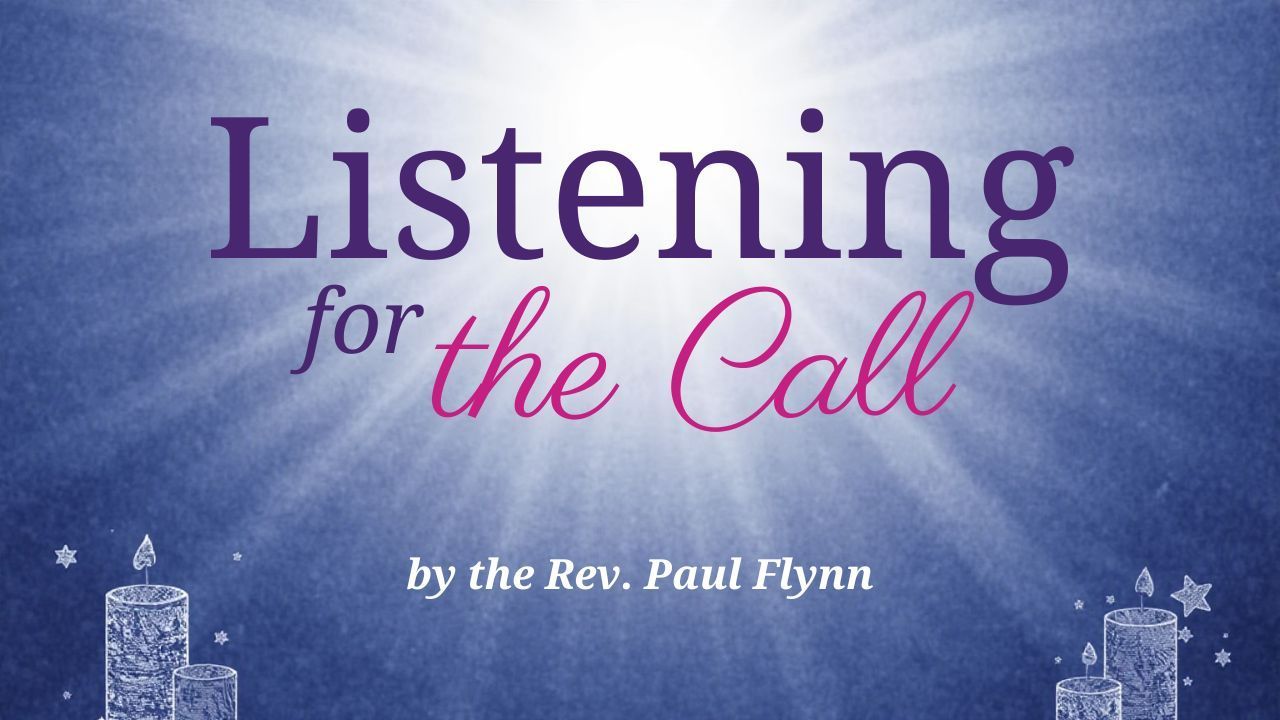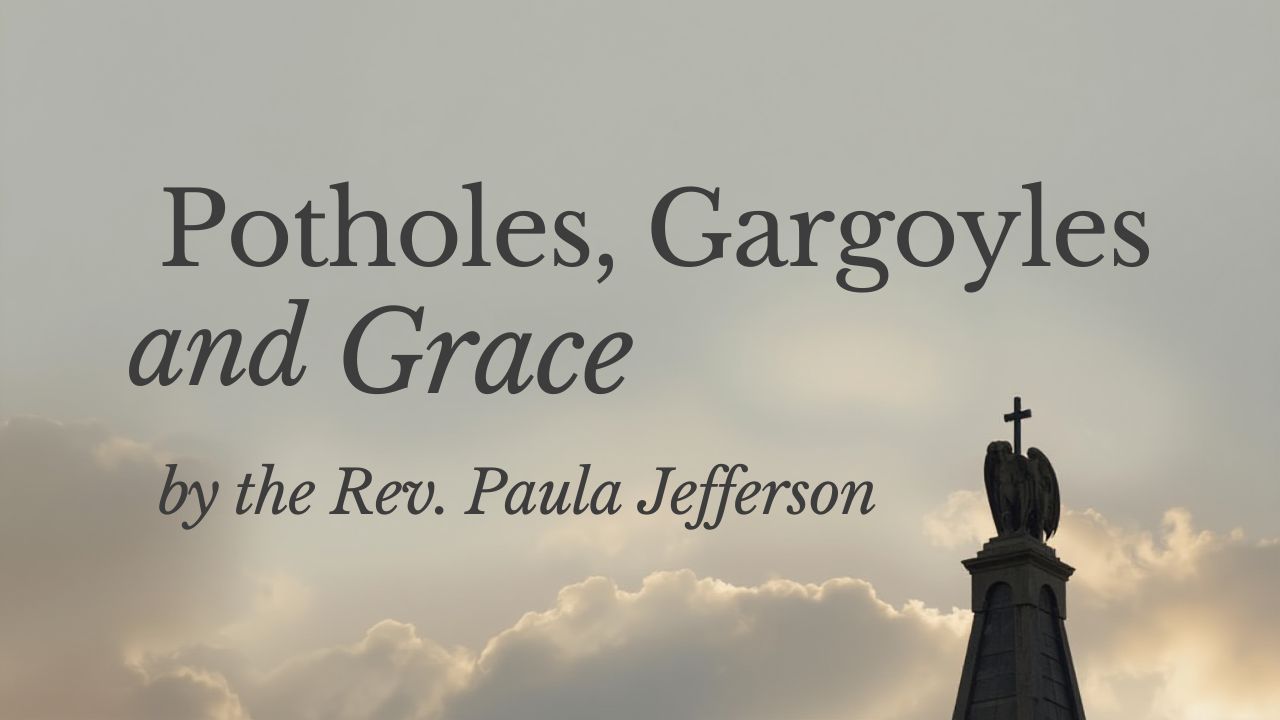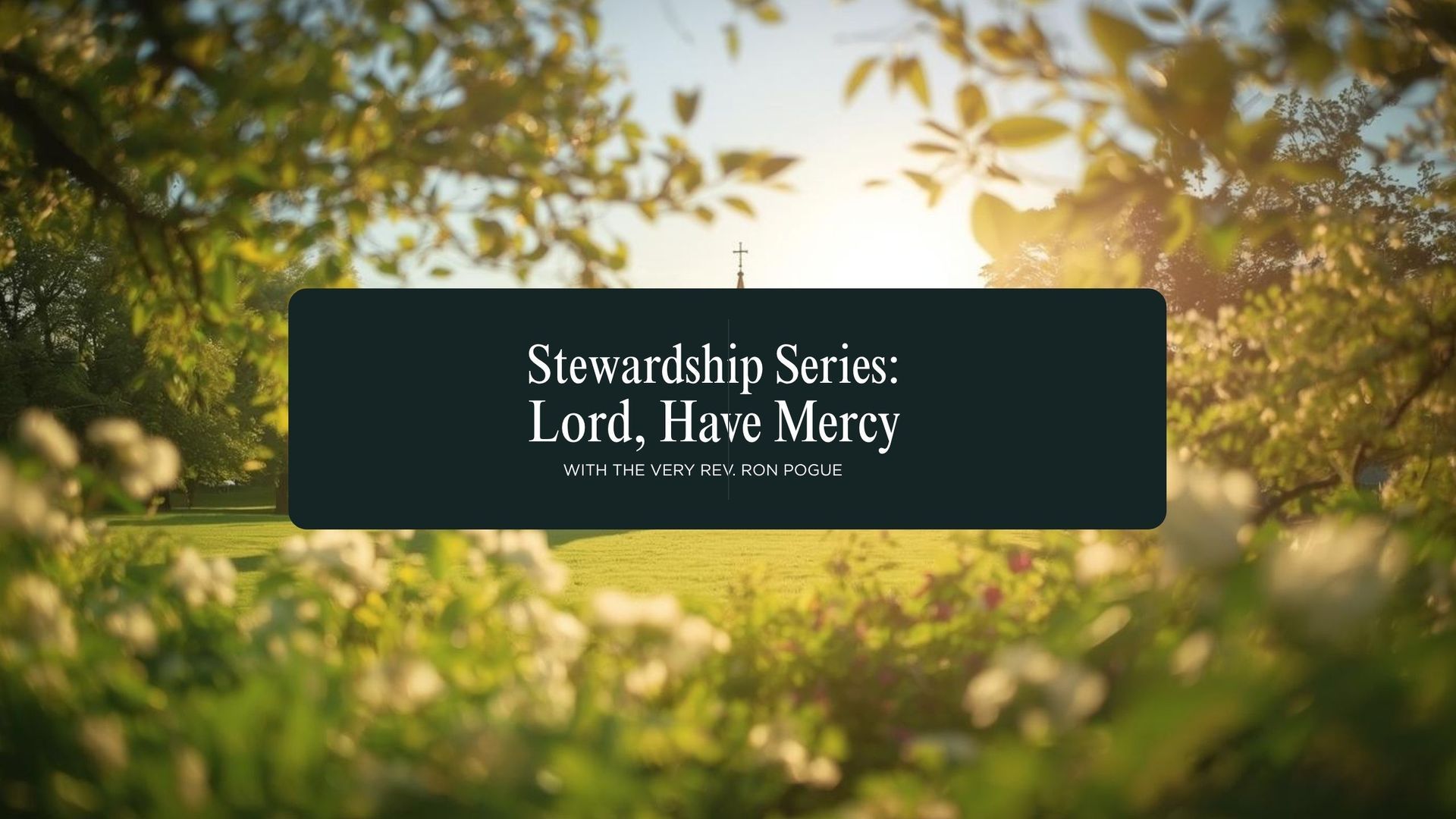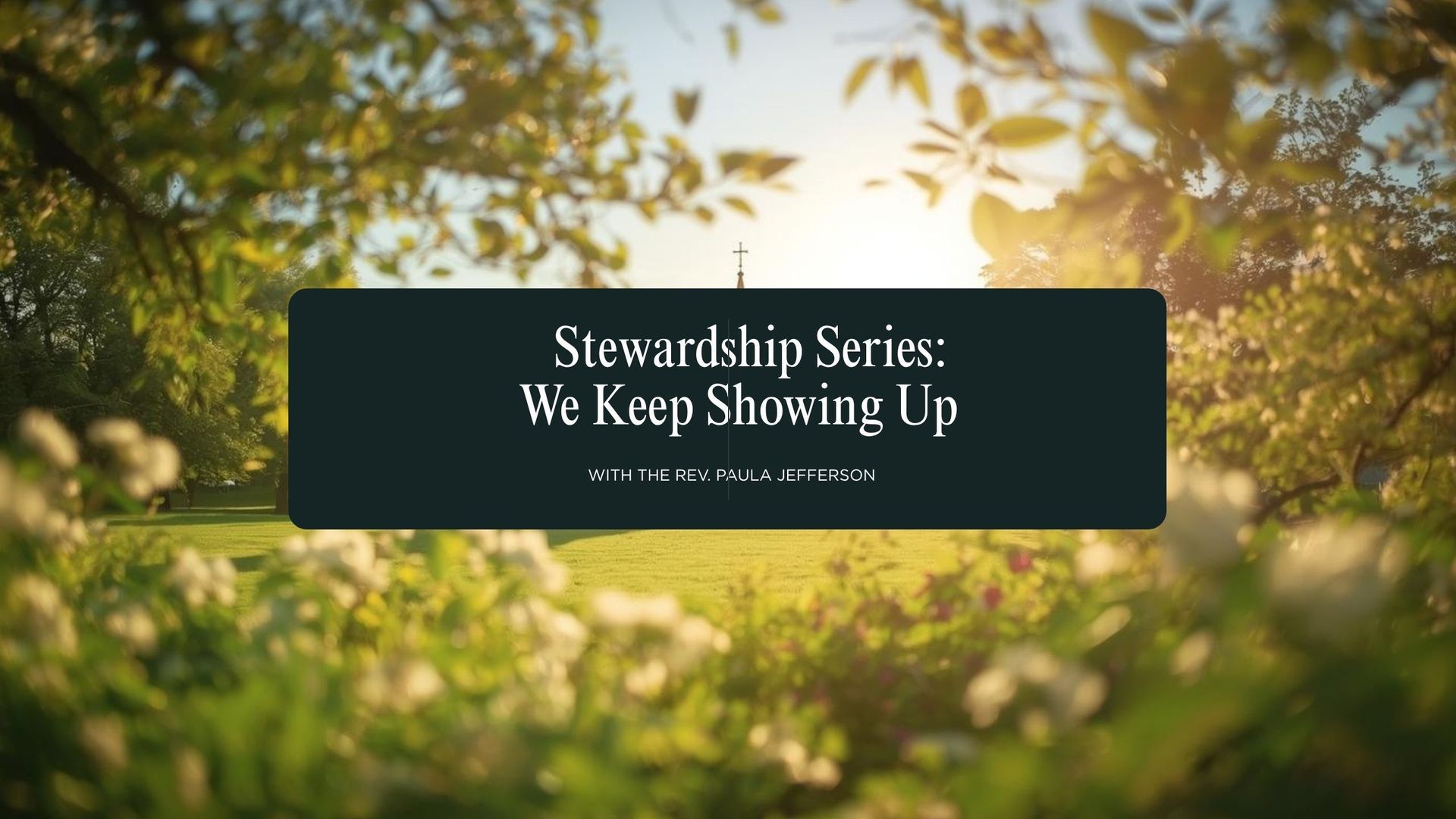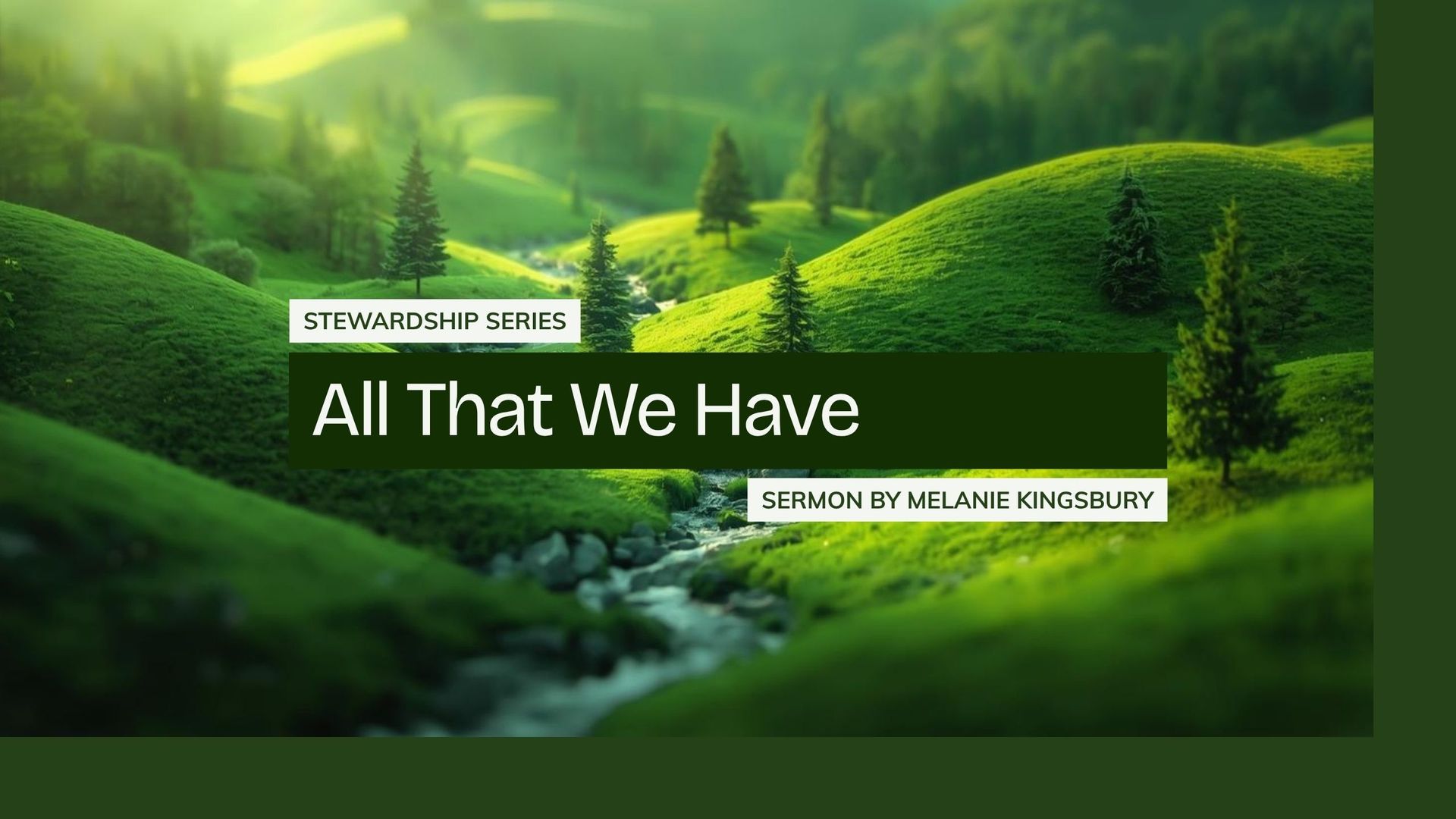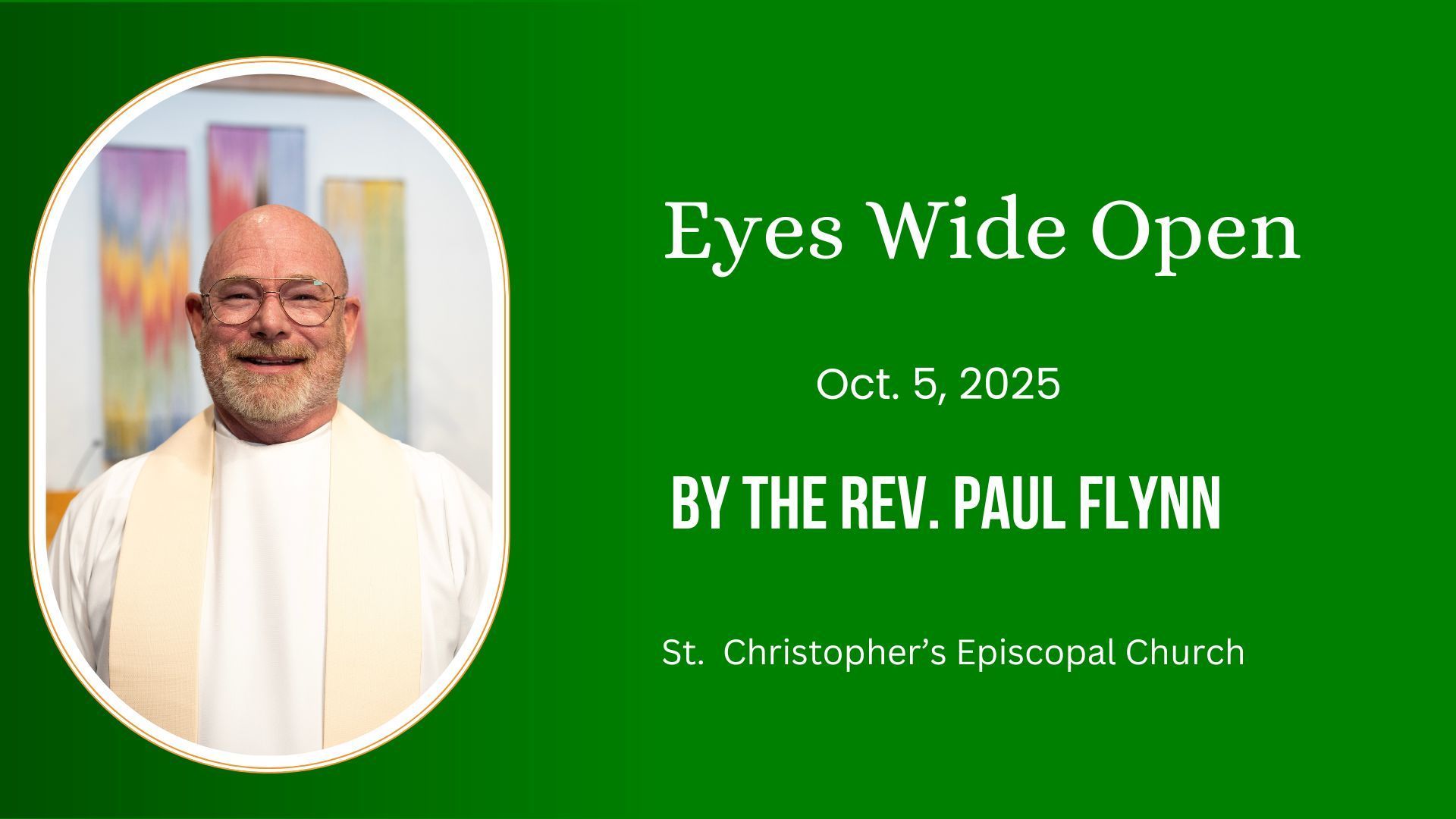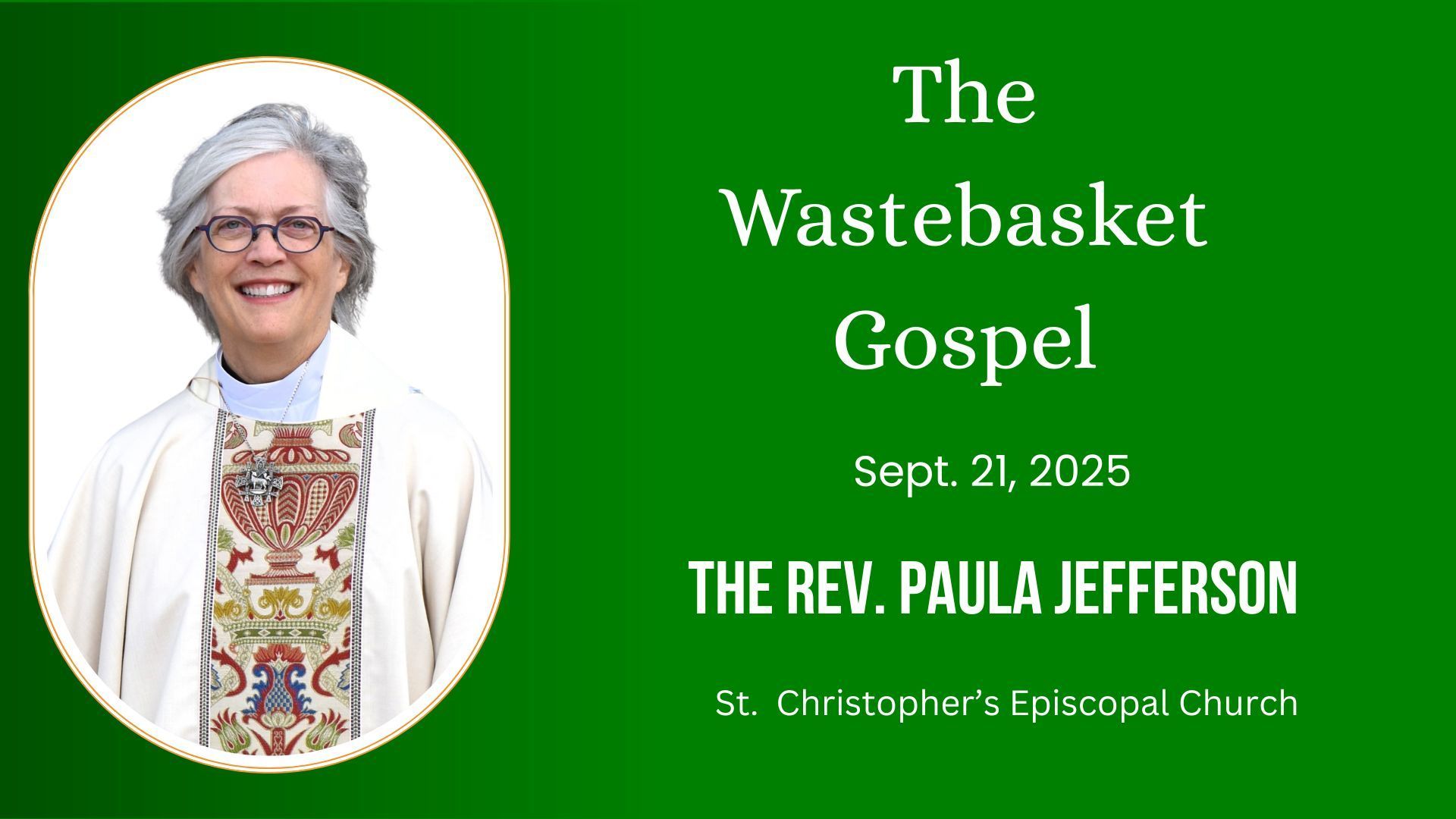(Note: We had an audio issue at the start of the sermon. There's a note in the text showing when the text begins.)
This summer, we’ve had a steady diet of Gospel readings from Matthew. Today the lectionary hits “Pause” on Matthew and, instead, we hear Luke’s interpretation of Jesus’ Transfiguration.
It’s the second time we’ve heard this story in 2023. You’d think preaching about transfiguration would get easier the more you do it. But, it does not seem that way to me. Transfiguration is divine mystery. We do well to scratch the surface of its meaning.
Jesus leads Peter, John, and James to the top of a mountain. Moses and Elijah appear, and their words foreshadow Jesus’ departure from our world. God’s voice booms from a cloud, “This is my Son, my Chosen; listen to him!”
In ancient times, mountain tops were symbols of proximity—closeness—to God. Then, and now, mountain tops are places of beauty and danger.
My Colorado hikes usually happen at elevations of 8,000 to 10,000 ft. The closer I get to 10,000 feet, the nearer I am to God -- and bears, and mountain lions and lightning strikes. Should something go badly on the trail, I’m a long, long way from help. And so were Peter, John, and James.
Yet, at the top of a mountain, where it seems all of creation is visible, there is an incredible feeling of exhilaration and mindfulness of God’s presence in our world and our own connectedness to God’s unending story.
(Audio starts here)
Jesus reaches the top of a mountain and begins to pray. Moses and Elijah appear and talk to Jesus. A cloud formed all around them and a voice proclaimed Jesus to be God’s Son. When the cloud evaporated, Peter, John, and James were alone with Jesus. There’s no videotape of what happened. All that remains is the change in the disciples who witnessed the revelation of Christ.
The author doesn’t tell us how the disciples felt during this experience or after the cloud lifted. Luke says, “they kept silent and--in those days--told no one any of the things they had seen.”
Amy-Jill Levine co-authored my favorite commentary on the Gospel of Luke. She interprets transfiguration as a revelation of the divine. It’s is an interesting way to think about what’s happening on the mountain top.
Perhaps it is not Jesus who physically changes but, rather, the disciples who are now able to see the fullness of Christ for a moment. God lifts a veil from human eyes and the fullness of God is revealed to us. Peter, John, and James see Moses and Elijah and they hear them talking to Jesus. To them, Jesus suddenly looks different and his clothing looks different. And God’s voice confirms all that they have witnessed, all that has been revealed to them.
In the mystery of Transfiguration, we become witnesses to the kingdom of God in our time, in our world, in one holy moment.
I began to wonder how Transfiguration might be present in this moment…Or, said differently, when does our community see God through the ministry of St. Christopher’s and our people?
During the past year, several of us have given food to one homeless person who comes here regularly for a bag of groceries. He knows that he is welcome in this place. He knows that he is not judged here. He remembers the people who have helped him select food and speaks to us when he sees us around town. Hunger is the door through which we have built relationship and the window through which he has come to know the compassion of Christ.
Every month, Laundry Love welcomes people who cannot afford a washer and dryer or even the $50 needed to do a month’s worth of laundry. But a Laundry Love event is much more than washers and dryers. Children and adults are fed. Children spend an hour or two coloring or solving puzzles with volunteers. Some volunteers sit and listen to the stories of single moms who are trying to make ends meet for families. Poverty is the door through which we are building relationships and the window through which families experience dignity and compassion.
Hopewallah, led by the Babbili family and several other parishioners, has an annual fundraiser that supports people living with leprosy in India. The annual dinner underwrites medical clinics, medical supplies, and it brings hope to people who live on the edges of community. Leprosy is the door through which Hopewallah encounters isolated people and it is the window through which is a window through which
Hazel Harvey Peace elementary school invited us to host a uniform closet for students whose families cannot afford to provide school-approved clothing.
On Thursday night, Melanie, Cindy, and Victoria will have a booth at “Meet the Teacher” night. And St. Chris will have $250 worth of clothing for kids to start the school year. We will work, throughout the year, with the school social worker to keep clothes on-hand for children who need them. Poverty is the door through which we are building relationship with families in our community and it is the window through which children experience hope and love.
All of us know that culture is fluid. When I first moved to DFW, 40 years ago, I visited many churches looking for one that met my needs: location, the message being told, the “feel” of the church—the people, the space. But, today, if I was moving to DFW, I would google from my couch: inclusive churches near me. And, I wouldn’t physically visit those google search results. I would watch them online.
Technology is the door through which we welcome visitors to our worship life today; it is the window through which people can see who we are, hear what we believe, and feel our joy and hope.
What happened on the mountaintop 2,000 years ago would not be significant without Peter, John, and James. They witnessed something extraordinary. And their lives were changed by it. There's a lot of social commentary these days about whether the Church is relevant. Time will answer that question.
But the meaningful question is do we reveal the Kingdom of God in this world? What does Fort Worth see freshly about God through our witness and how is that is that revelation transfiguring lives here. Those are not rhetorical questions. Those are questions we must answer by our actions.
Amen.

